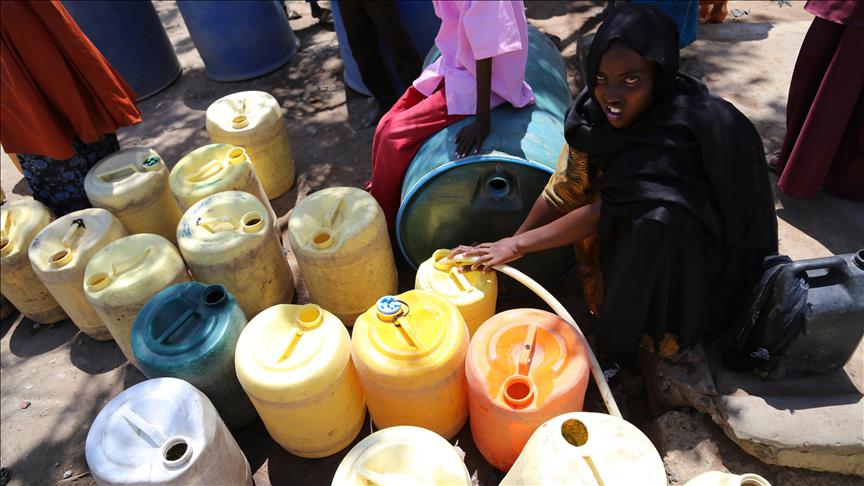 file photo
file photo
By Andrew Wasike and Magdalene Mukami
NAIROBI, Kenya
Kenyan Kennedy Odede, born and raised in Kibera, a slum in Nairobi, has been awarded the prestigious Conrad N. Hilton Humanitarian Prize for an ingeniously innovative system that has brought clean and safe water to slum dwellers and will receive $2 million in funding.
There is no sewer system in Kibera; residents are exceptionally poor and earn less than a dollar a day. Tap water is a luxury. Unfinished roads are dusty and strewn with litter, sharing what little space there is with open sewers that drain into a nearby river. Homes are huts made of mud with rusty iron roofs.
Here at Mathare, a collection of slums in Nairobi, water cartels have placed rubber pipes that leak side by side with sewage, causing the spread of waterborne diseases such as cholera. Most cholera outbreaks in Kenya affect slum dwellers due to poor sanitation and no piped water.
But Odede, founder of the nonprofit organization Shining Hope for Communities (Shofco), came up with an innovative aerial water piping system -- the first of its kind -- that is reaching over 200,000 people and giving them clean and reliable water to use.
Anadolu Agency caught up with Odede at Shofco in Kibera. He said that having grown up in a slum, he knew exactly what people wanted, and that was water.
“As a kid, we used to get sick always because we had no clean water. The murky water that we had was all we drank. As I grew up and the population increased, the sewage everywhere contaminated the water. I thought to myself: ‘What if the water came from the air?’”
That is when Odede, now an internationally recognized author and entrepreneur, dug into his pockets and constructed the first water tower with pipes elevated 20 meters from the ground. He first linked 100 homesteads, charging residents 2 Kenyan shillings (2 U.S. cents) for a 20-liter jerrycan -- way cheaper than what cartels charge, which is 20 shillings (20 U.S. cents) for the same amount.
Now there are more than 20 towers across Kibera serving over 200,000 residents. Odede says the Center for Disease Control in Kenya has decided to work with him after their recent survey revealed that his innovation has reduced the spread of waterborne diseases.
“His coming was a miracle. I am glad he has won. He has really changed our lives. I used to spend so much money buying charcoal to boil the water, which was supposed to be clean,” Jaco Otello, a resident of Kibera, told Anadolu Agency.
“People here call it the water from the air or the water from above. Also once a week, we pay nothing,” Otello added.
Odede, who is still shocked that he was given the award, whose past recipients were large organizations such as Doctors Without Borders and Landesa, told me what he plans to do with the money.
“I want to make Shofco self-sustainable. I want it to grow and reach everyone out there in the slums. If I can cross the border, then that would be great. I am still shocked that a tiny grassroots organization has won such a prestigious award that is higher than the Nobel Prize.”
Around 18 million of Kenya’s 46 million people rely on unclean water sources such as rivers, lakes and wells.
Anadolu Agency website contains only a portion of the news stories offered to subscribers in the AA News Broadcasting System (HAS), and in summarized form. Please contact us for subscription options.



